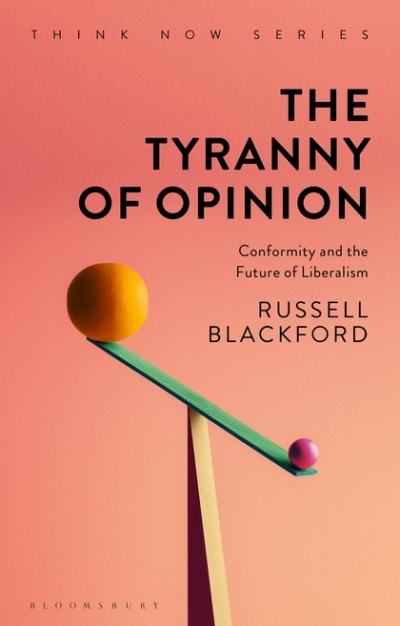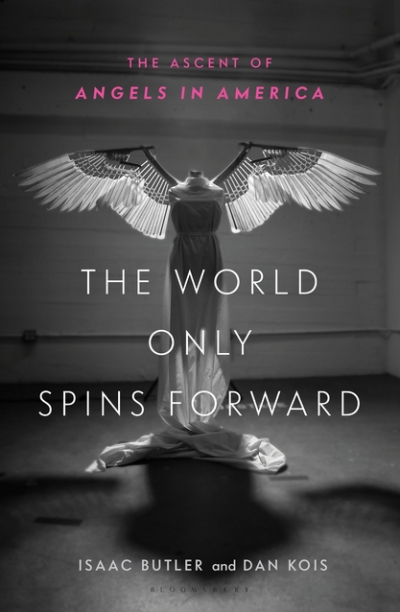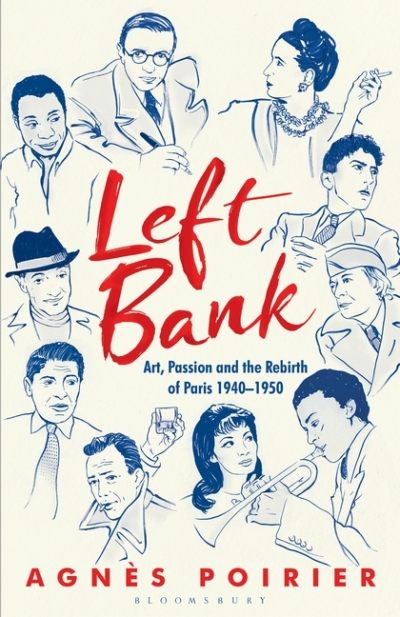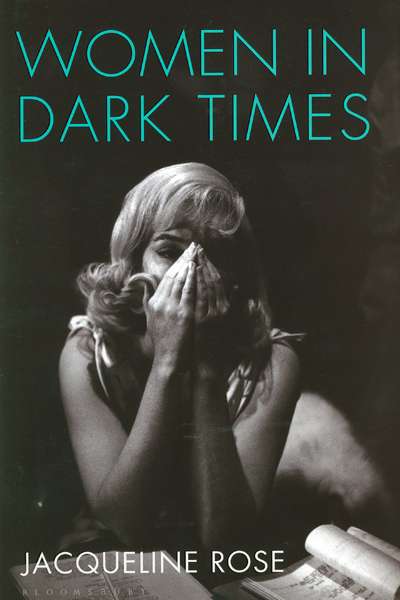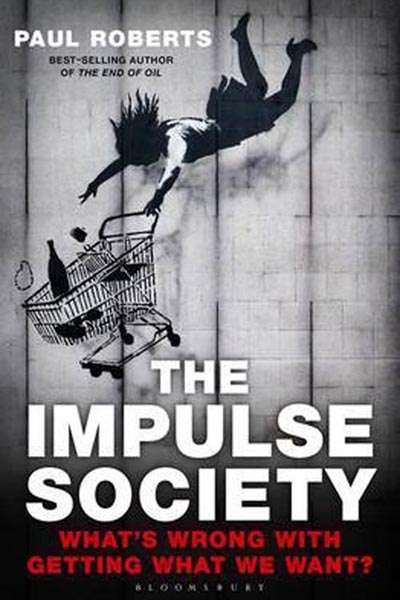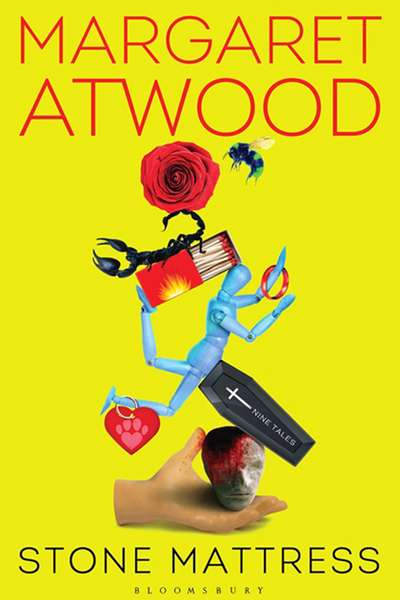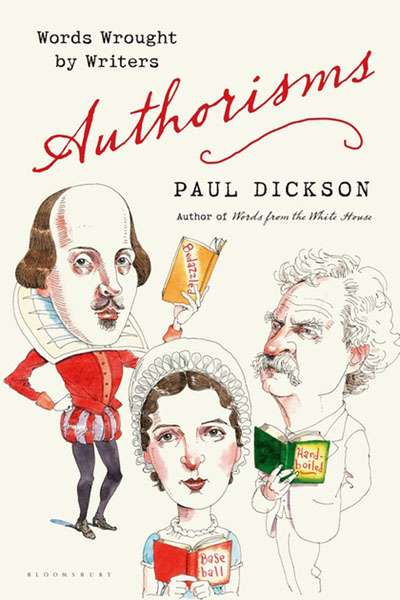For a man who has repeatedly been described as America’s greatest playwright, Tennessee Williams’s reputation has fluctuated as wildly as his notorious mood swings. In the decade after the war he was celebrated. ‘Mr. Williams is the man of our time who comes closest to hurling the actual blood and bone of life onto the stage,’ wrote Walter Kerr of the first production of Cat on a Hot Tin Roof (1955). By the time of its 1974 revival, Stanley Kauffmann spoke for most of his colleagues when he said, ‘A Streetcar Named Desire is truly an American tragedy and The Glass Menagerie stands, even if a bit unsteadily, as one of the few successful poems in our theatre’, and then implied that everything else in the master’s output was downhill. The gleefully savage venom with which the critics greeted his later plays takes the breath away. Of The Milk Train Doesn’t Stop Here Anymore (1963), Richard Gilman wrote: ‘Why, rather than be banal and hysterical and absurd, doesn’t he keep quiet? Why doesn’t he simply stop writing, stay absolutely unproductive for a long time in Key West or the South of Spain?’ Reviewing Clothes for a Summer Hotel (1980), Robert Brustein suggested that he should book ‘a flight to Three Mile Island on a one way ticket’. The tall poppy syndrome is not merely endemic to Australia.
...
(read more)

